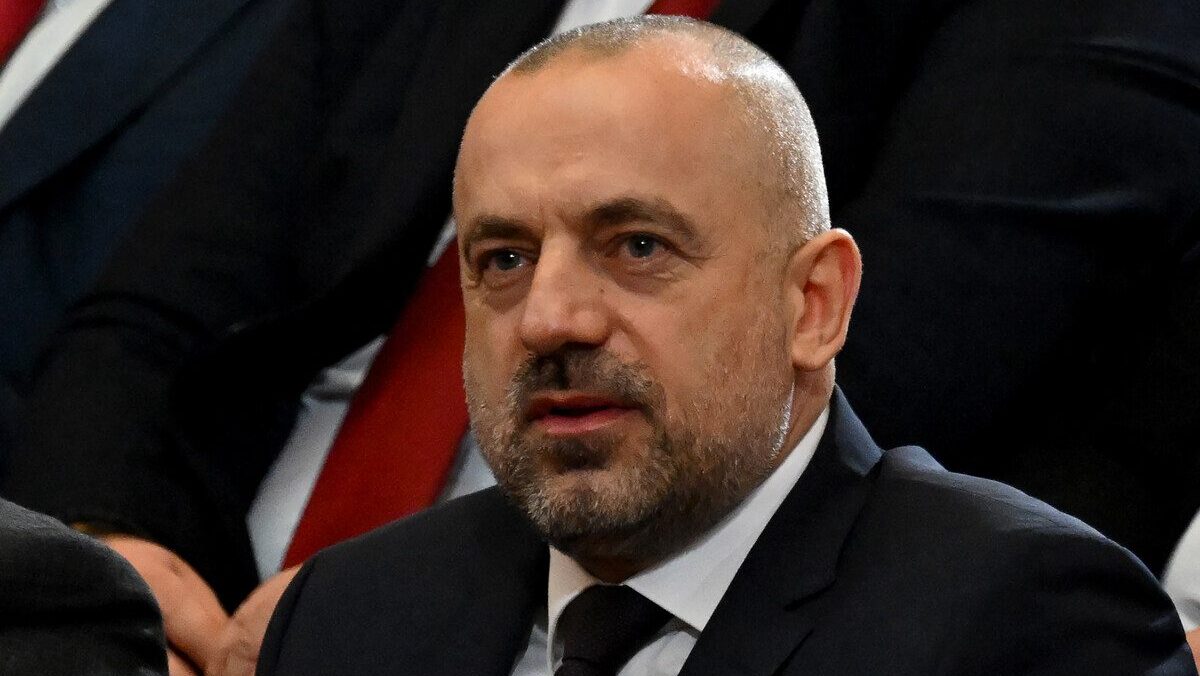
Milan Radoičić in happier times, attending a special parliament session on February 2nd, 2023, at the National Assembly in Belgrade.
Photo: ANDREJ ISAKOVIC / AFP
Milan Radoičić, the former deputy head of the Serb List political party (the main party for Serbs living in Kosovo), is to be formally indicted for having led the September 24th terrorist attack in northern Kosovo.
After murdering a Kosovar Albanian policeman, about 30 Serb militants barricaded themselves in a monastery in the village of Banjska. In the ensuing shootout with Kosovo police, who had arrived on the scene, three of them lost their lives.
In the days following the attack, Radoičić resigned as vice president of the Serb List after admitting to his involvement in the militant action.
Earlier this month, Radoičić was arrested but set free only hours later, which drew the ire of Pristina, which had initially pointed to Radoičić’s involvement.
The same charge was leveled at Belgrade, as significant amounts of military-grade weaponry and ammunition were found on the scene. Belgrade denies it had either sanctioned such an operation or that it had provided material or financial support.
During an October 11th visit to a Belgrade medical institute, President of Serbia Aleksandar Vučić said that following investigations, Radoičić would be charged, adding it was not up to him to “defend Radoičić,” since he was “answerable to our judicial authorities and yet to be indicted.”
He added that Serbia’s military and civilian authorities were still investigating what exactly transpired on that day. Kosovo is conducting an investigation of its own.
In the past, the two men reportedly got along well, with Vučić even having referred to Radoičić as one of the “guardians of Serbia in Kosovo and Metohija” (the Serbian name for Kosovo, which Belgrade still considers a part of Serbia).
During his visit, Vučić also confirmed that representatives of the so-called QUINT countries (France, Germany, Italy, the UK, and the U.S.) will meet in Belgrade on October 21st. The representative of the European Union for the Kosovo-Serbia dialogue, Miroslav Lajčák, will also attend.
Topics are likely to include bringing Serbia’s foreign policy in line with that of the EU, which it seeks to join, in particular as it relates to Serbia’s refusal to sanction Russia over its invasion of Ukraine.
Another probable subject for the group will be the implementation of the agreement reached between the two governments earlier this year towards normalizing its ties with Kosovo. A goal that, while a prerequisite for both to join the EU, currently seems like a far-off prospect.
